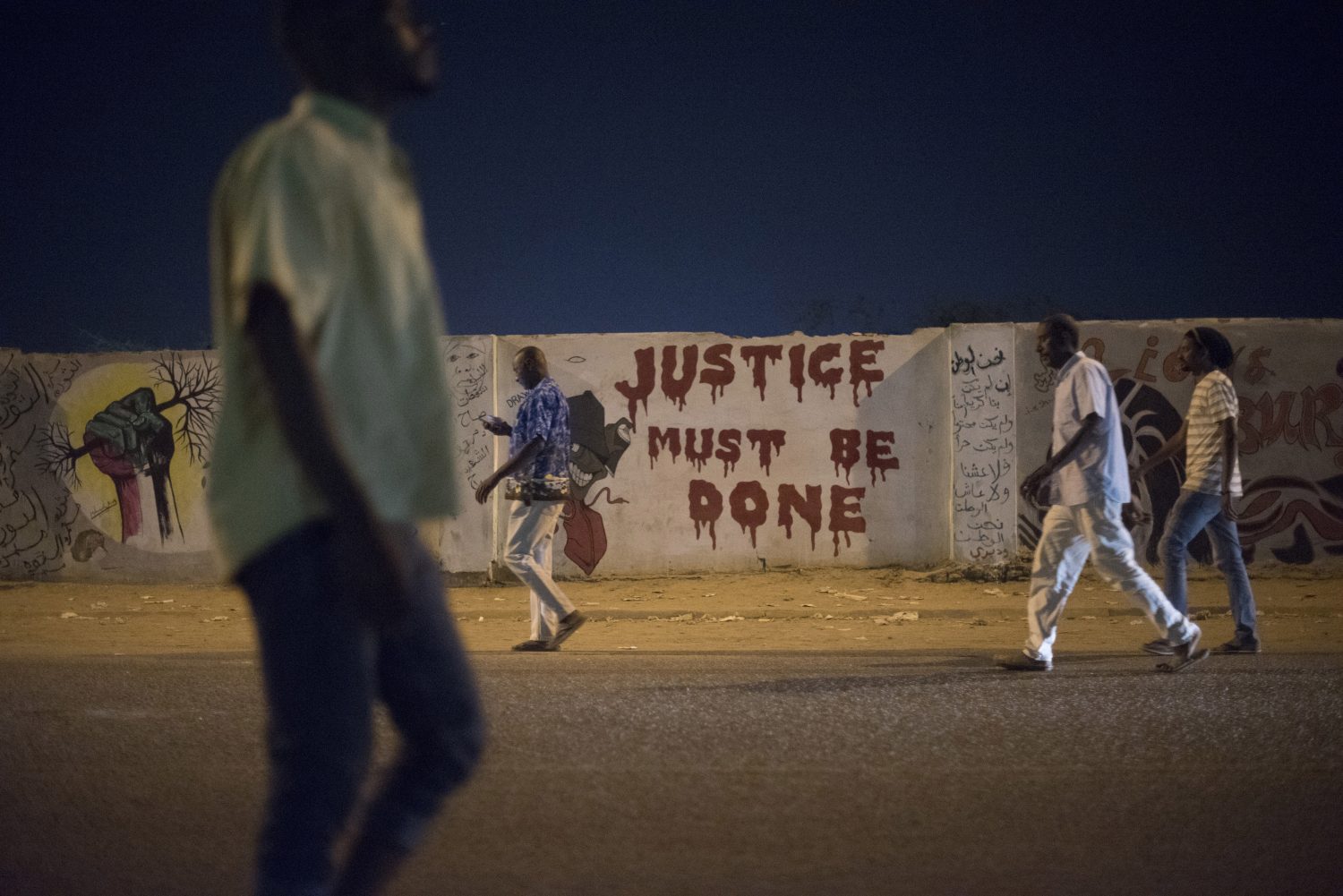
Sudan’s surrender of al-Bashir to the ICC, a major step towards confronting impunity in Sudan and bringing victims closer to justice
Today’s announcement by Sudan’s transitional authorities that they will hand over officials wanted by the International Criminal Court (ICC) is a major step towards confronting the longstanding impunity for human rights abuses under former president Omar al-Bashir. It also brings victims in Darfur closer to receiving justice for the most heinous crimes.
Those who may reportedly be handed over include al-Bashir, who is wanted for crimes against humanity and genocide in relation to the conflict in Darfur.
On 19 June 2019, ICC Prosecutor Fatou Bensouda called for the support of the United Nations Security Council and the cooperation of the authorities in Sudan to ensure accountability and justice for the victims in the Darfur situation, which has been ongoing for more than 14 years.
Following her call, the Victims’ Rights Working Group, an international network of organisations working on victims’ issues before the ICC, which is facilitated by REDRESS, called upon the international community to exert maximum effort to ensure that al-Bashir, and the other suspects against whom arrest warrants have been issued for crimes in Darfur by the ICC, were expeditiously surrendered to the Court.
In the statement, Raymond Brown and Wanda Akin of the International Justice Project (a VRWG member), which represents Sudanese victims in the cases before the ICC, said: “It is crucial that the international community tangibly supports the Sudanese people in their continued fight for a peaceful transition to democratic governance. Ensuring justice and accountability for Darfur’s victims are vital first steps in building sustainable peace.”
Brown and Akin added: “Omar al-Bashir, Abdel Raheem Hussein, Ahmad Harun, Ali Kushayb and Abdallah Banda should not escape justice. They should face justice for the atrocious crimes that they allegedly have committed against the Sudanese people. This cycle of impunity must end. Anything less would be an affront to the thousands of victims of those crimes who have waited for decades for justice to be done.”
The prevalence of torture in Darfur and elsewhere in Sudan has been a longstanding concern. REDRESS has worked for decades with human rights defenders, women, political activists, lawyers, journalists, trade unionists, students and other groups who have been systematically targeted. REDRESS and partners have brought several cases of victims of torture before the African Commission on Human and Peoples’ Rights.
A recent report by REDRESS and the African Centre for Justice and Peace Studies (ACJPS), A Way Forward? Anti-torture reforms in Sudan in the Post-Bashir era identifies priorities for change and key reforms to end the systematic practice of torture in Sudan, punish the perpetrators and provide reparations for the victims.
